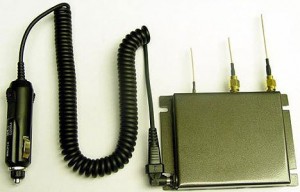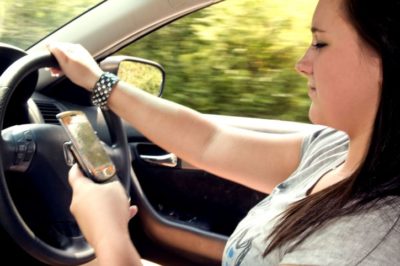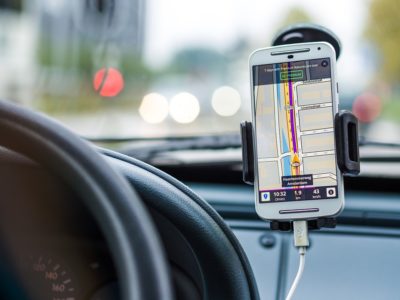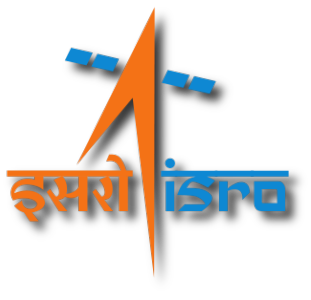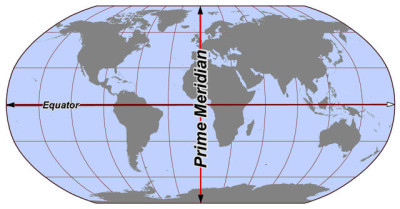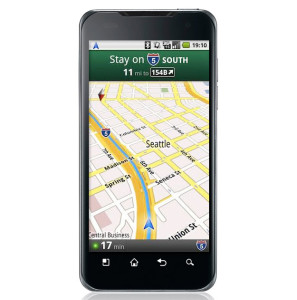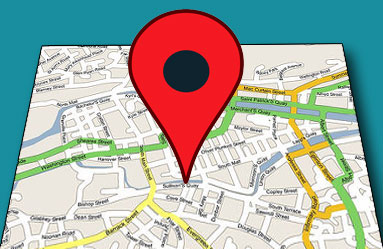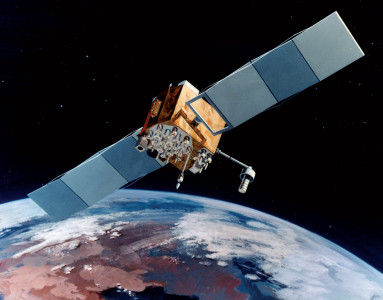Although GPS is one of the most important technologies of our age, it is surprisingly susceptible to tampering and failure. GPS signals are actually surprisingly weak with leaves them vulnerable to not only spoofing, but jamming. While spoofing is the process of sending fake signals to a GPS device to make it think that it is in a different location, jamming completely scrambles the signals so that they become unusable.
In the United States, both jamming and spoofing are illegal, but other countries (which often use GPS as it was the first and arguably most reliable system) the laws vary and are sometimes nonexistent. This has led to many problems with GPS jamming and spoofing in other countries and here in the US. read more
